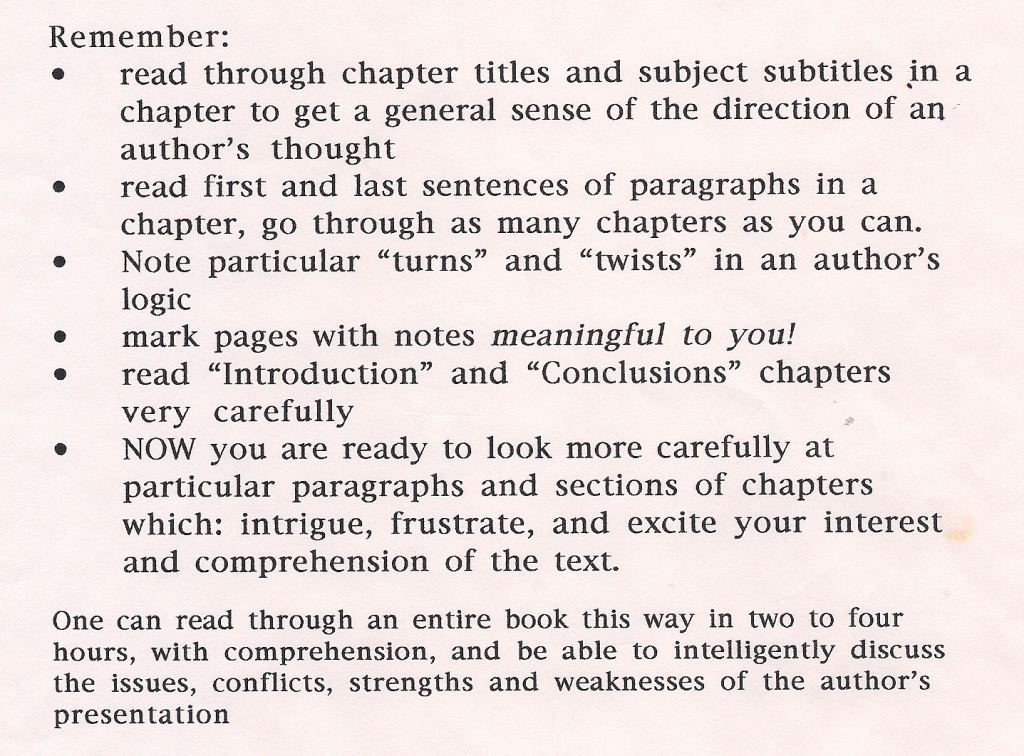In this account, I discuss the difficulties of being assigned too much reading without enough time to process it. The result of these difficulties is that students are overwhelmed and frequently unable to engage in meaningful ways with ideas and thinkers. I think these difficulties speak to a more general problem within the academy. Academics spend years reading, writing and developing the tools for meaningful engagement. They also develop a passion for curiosity and questioning and participating in transformative conversations. Yet, with the pressure to publish and the increasing demands placed on them by their in- stitutions (committee work, service work, bigger classes to teach, etc), they barely, if at all, have enough time to do the real work—the work that they are passionate about—that inspired them to become academics in the first place.
I moved out to California in August of 1996. My first semester, I took two courses that I loved, Dr. Garth Kasimu Baker-Fletcher’s “Critical Theory and Deconstruction” and Dr. Ranu Samuntrai’s “Intellectual History of Feminist Theory.” They offered great introductions to some key philosophical/critical theories and thinkers of the 19th and 20th century. They also helped me to acclimate to being a graduate student, teaching me how to skim a dense 300 page theory book by reading the introduction, the conclusion and the first and last sentence of each paragraph. Skimming was necessary because that first semester, and many semesters to come, I was reading about 1000 pages a week.
Now, as someone who has taught graduate students, I think 1000 pages a week is too much. How can you have a deep, meaningful engagement with the reading/author when you have so many pages to cover? And, in skimming through the book so fast, what gets forgotten, ignored or not seriously considered?
I wonder, is this approach to reading (consuming a ton of pages, without having time to really engage with the ideas developed within them), part of my problem with the academy? It might be. Reading a book a week per class makes it difficult for students to develop patience, which is necessary for deep rumination and comprehension of ideas. With so much reading, students can’t be patient with a reading. They don’t have the time or energy to devote to understanding what the author is claiming. So, instead they launch into a harsh critique or glib dismissal. The result: unproductive, dissatisfying, and surface-level conversations in class.
As a graduate student, I remember having a lot of these pointless class discussions, even in classes with my favorite professors. As a graduate professor, I tried hard not to replicate that experience for my students. But, I always felt as if I failed. I’ll take some of the blame for those failures, but I think that the academic system, with its push to read! read! read! (and acquire more and more facts, jargon, and super smart sound bites) deserves a lot more of the blame for why academics don’t really have the patience to appreciate and engage with ideas and thinkers, and for why so many conversations within academic spaces seem to lack depth and substance.
